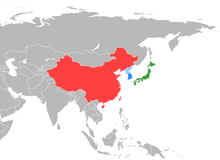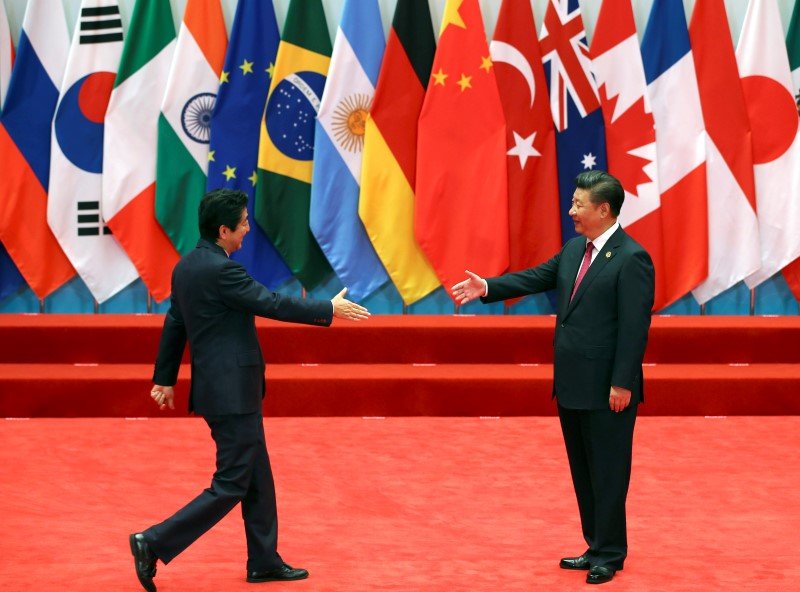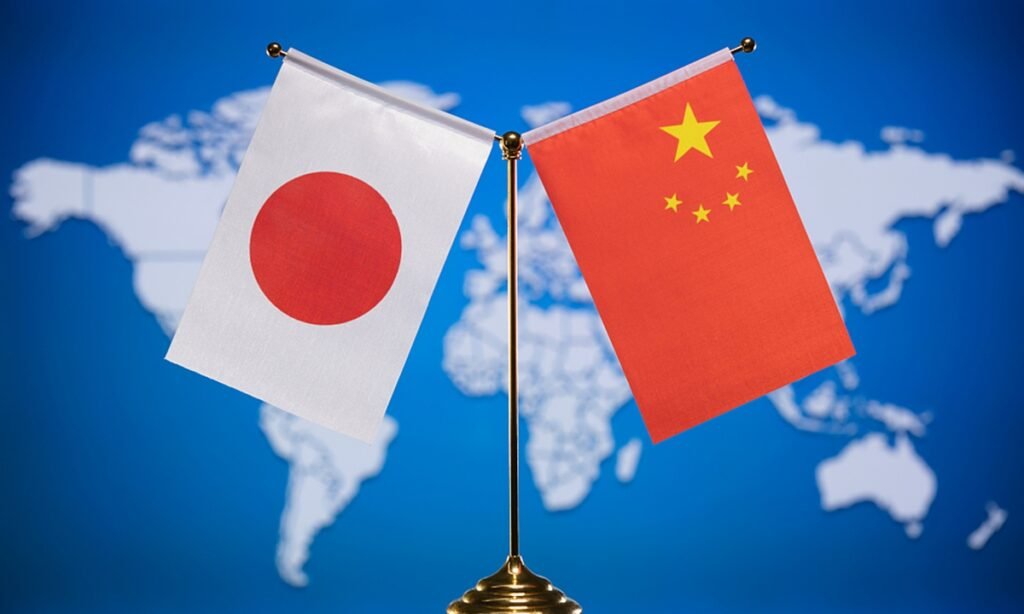The relationship between Japan and China is one of the most significant bilateral relationships in East Asia, characterized by a complex mixture of historical tensions, economic interdependence, and geopolitical competition. The dynamics between these two Asian giants have been shaped by a long history of interactions, including periods of conflict, cooperation, and competition. In recent decades, their relationship has become increasingly important for regional stability and global economic development and security. However, persistent territorial disputes, historical grievances, and strategic competition continue to challenge efforts to build a stable and constructive relationship between the two countries.
Historical Background
Both cooperation and conflict have marked the historical relationship between Japan and China. The two countries have a long history of cultural exchange and trade dating back to ancient times. However, tensions between the two nations escalated in the late 19th and early 20th centuries as Japan sought to expand its influence in East Asia through imperialist expansionism. The First Sino-Japanese War (1894-1895) and the Second Sino-Japanese War (1937-1945) resulted in significant loss of life and territorial concessions by China to Japan.

Post-World War II
Following Japan’s defeat in World War II, its relationship with China was fundamentally altered. The Chinese Communist Party, led by Mao Zedong, emerged victorious in the Chinese Civil War and established the People’s Republic of China in 1949. Japan, meanwhile, underwent a period of post-war reconstruction under the occupation of the Allied powers, particularly the United States.
Normalization and Economic Ties
Diplomatic relations between Japan and the People’s Republic of China were established in 1972, following Japan’s recognition of the PRC as the legitimate government of China. The normalization of relations paved the way for the development of economic ties between the two countries, with Japan becoming a key investor in China’s rapidly growing economy. Throughout the 1980s and 1990s, Japan provided significant financial and technological assistance to China, contributing to its economic modernization and growth.
Territorial Disputes
Despite growing economic interdependence, territorial disputes have remained a persistent source of tension between Japan and China. The most contentious of these disputes revolves around the sovereignty of the Senkaku/Diaoyu Islands, a group of uninhabited islands in the East China Sea. Both Japan and China claim sovereignty over the islands, which are believed to be rich in natural resources and strategic importance for maritime navigation.

The Diaoyu/Senkaku Islands Dispute
The dispute over the Diaoyu/Senkaku Islands has escalated in recent years, leading to heightened tensions between Japan and China. Both countries have increased their military presence in the vicinity of the islands, raising concerns about the potential for a military confrontation. The dispute has also strained diplomatic relations between the two countries, with both sides accusing each other of violating their territorial sovereignty.
Historical Memory and Bilateral Relations
Historical memory also plays a significant role in shaping Japan-China relations. Japan’s wartime aggression in China during the first half of the 20th century continues to be a source of resentment and mistrust among the Chinese public and political leadership. Japan’s perceived reluctance to fully acknowledge and apologize for its wartime atrocities has strained its relations with China and other Asian countries that were victims of Japanese aggression.
Economic Interdependence
Despite the political and territorial disputes, economic ties between Japan and China have continued to deepen in recent decades. China has become Japan’s largest trading partner, with bilateral trade reaching hundreds of billions of dollars annually. Japanese companies have invested heavily in China, taking advantage of its large and increasingly affluent consumer market, as well as its relatively low-cost manufacturing base. Similarly, Chinese investment in Japan has also increased, although at a slower pace compared to Japanese investment in China.
Geopolitical Competition and Security Concerns
In addition to territorial disputes, Japan-China relations are also influenced by broader geopolitical competition and security concerns in the Asia-Pacific region. China’s rapid military modernization and assertive territorial claims in the South China Sea have raised concerns among its neighbors, including Japan. Japan has sought to strengthen its security alliance with the United States and enhance its defense capabilities in response to perceived threats from China’s growing military power.

Diplomatic Efforts and Regional Cooperation
Despite the challenges and tensions in their relationship, Japan and China have also engaged in diplomatic efforts to improve bilateral ties and promote regional cooperation. High-level meetings between Japanese and Chinese leaders have taken place regularly, and both countries have expressed a commitment to resolving their differences through dialogue and peaceful means. Additionally, Japan and China have cooperated on various regional and global issues, such as climate change, economic development, and counter-terrorism.
Conclusion
A complex mixture of historical grievances, territorial disputes, economic interdependence, and geopolitical competition characterizes the relationship between Japan and China. While efforts have been made to improve bilateral ties and promote cooperation, persistent tensions, and mistrust continue to pose challenges to the development of a stable and constructive relationship between the two countries. However, given their shared interests and growing influence in the Asia-Pacific region, Japan and China have strong incentives to work towards resolving their differences and building a more peaceful and prosperous future for the region.
